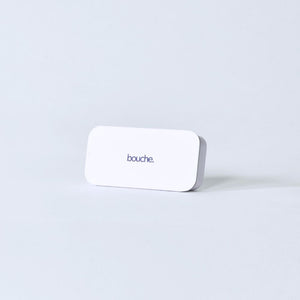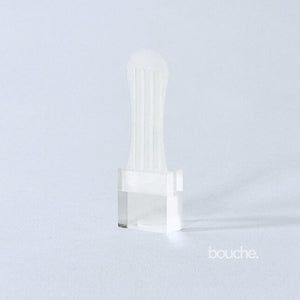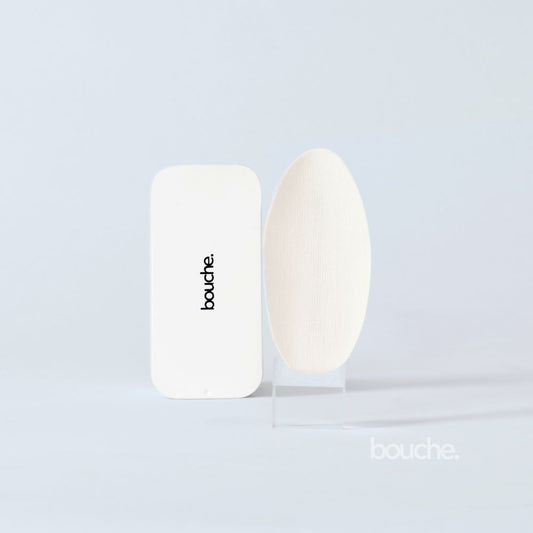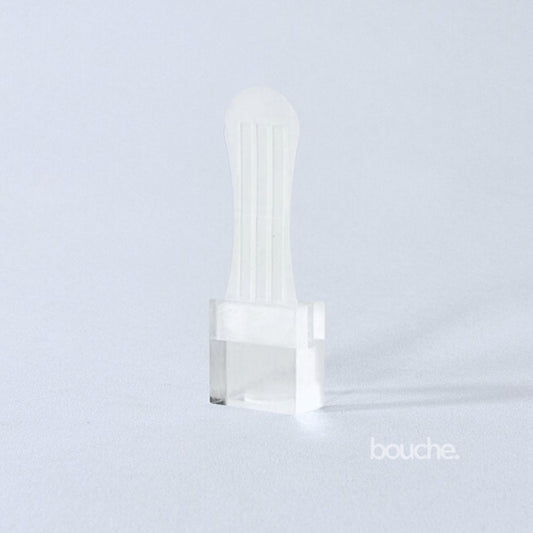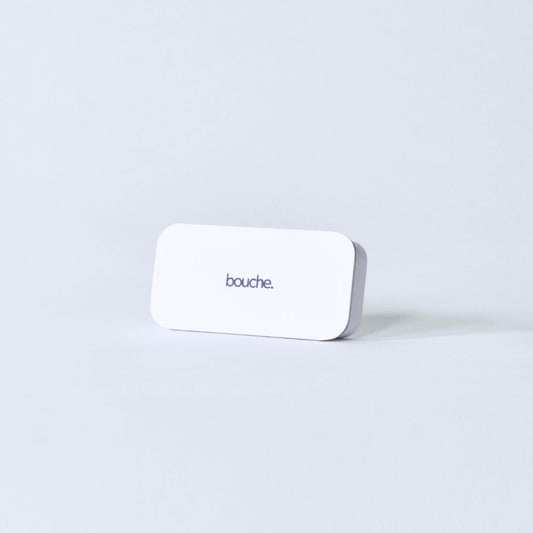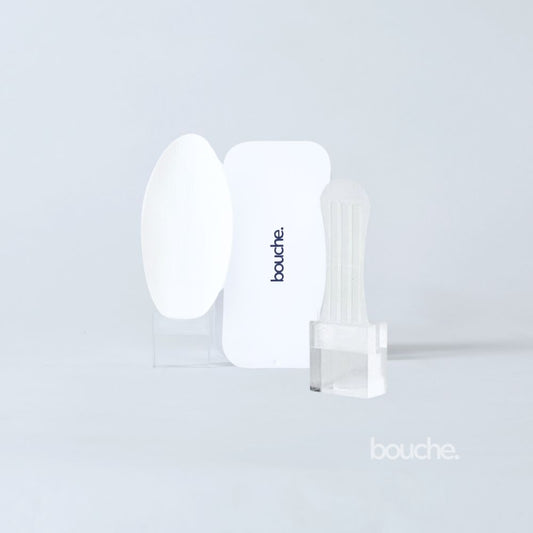Waking up with dry mouth is a common frustration that can impact your sleep, energy, and oral health. If you’re searching for how to fix waking up with dry mouth, you’re not alone. Fortunately, science-backed strategies-like sleep strips mouth tape and nasal strips-offer real solutions. This guide covers seven proven ways to prevent dry mouth at night, with research links and practical tips for lasting relief.
Why Does Dry Mouth Happen at Night?
Dry mouth (xerostomia) at night often results from reduced saliva production, mouth breathing, dehydration, or certain medications. Factors that can make you wake up with dry mouth include:
- Sleeping with your mouth open
- Nasal congestion or allergies
- Use of CPAP therapy for sleep apnea
- Medications with dry mouth as a side effect
- Alcohol or caffeine consumption before bed
- Underlying health conditions such as diabetes or Sjögren’s syndrome
Understanding these causes is key to addressing the problem and improving your sleep quality.
Stay Hydrated
Drinking enough water throughout the day is one of the simplest ways to prevent dry mouth at night. Saliva is mostly water, so dehydration can quickly lead to dryness.
- Sip water regularly, especially in the evening.
- Avoid salty or spicy foods late at night, which can increase thirst.
- Keep a glass of water by your bedside for quick relief if you wake up with dry mouth.
Use a Humidifier
Dry indoor air, especially during winter or in air-conditioned rooms, can worsen dry mouth. Adding moisture to your bedroom air with a humidifier helps keep your mouth and throat comfortable overnight.
- Use a cool or warm mist humidifier in your sleeping area.
- Clean your humidifier regularly to prevent mold and bacteria.
Breathe Through Your Nose
Mouth breathing is a leading cause of waking up with dry mouth. Nasal breathing naturally humidifies and filters the air, protecting your oral tissues.
How to Encourage Nasal Breathing
- Treat nasal congestion with saline sprays, allergy medications, or nasal strips that gently open the nostrils for easier airflow.
- Practice conscious nasal breathing during the day to build the habit.
- Try sleep strips mouth tape at night. These gently seal your lips, encouraging nasal breathing and reducing the risk of dry mouth.
Scientific Evidence for Mouth Taping
A 2022 study, "The Impact of Mouth-Taping in Mouth-Breathers with Mild Obstructive Sleep Apnea", found that mouth taping during sleep significantly reduced snoring and the severity of sleep apnea in mouth breathers. The study reported a 47% decrease in both the apnea-hypopnea index (AHI) and snoring index (SI), showing mouth taping as a promising, non-invasive solution for those struggling with dry mouth and mild sleep apnea.
Another ongoing clinical trial, "Study to Examine the Effect of Silicone Mouth Tape on Snoring and Sleep Quality", is further evaluating the safety and effectiveness of mouth tape for snoring and sleep quality, highlighting growing scientific interest in this approach.
A recent scoping review in the American Journal of Otolaryngology also found that nocturnal mouth-taping shows promise for improving sleep apnea metrics and reducing snoring.
Avoid Alcohol and Caffeine
Alcohol and caffeine are diuretics, which means they can increase fluid loss and dry out your mouth.
- Limit or avoid alcohol and caffeinated drinks in the hours before bedtime.
- Choose water or herbal teas in the evening.
- Avoid alcohol-based mouthwashes, which can further dry out your oral tissues.
Use Saliva Substitutes
If you’re still waking up with dry mouth, saliva substitutes can offer relief.
- Over-the-counter sprays, gels, or lozenges can help keep your mouth moist overnight.
- Sugar-free gum or lozenges with xylitol can stimulate natural saliva production.
Ask your dentist or pharmacist for recommendations if symptoms persist.
Maintain Good Oral Hygiene
Dry mouth increases your risk for cavities and gum disease, so a strong oral hygiene routine is essential.
- Brush twice daily with fluoride toothpaste.
- Use an alcohol-free mouthwash.
- Chew sugar-free gum to stimulate saliva.
- Schedule regular dental checkups.
Adjust Medications (If Needed)
Many common medications can cause dry mouth as a side effect, including:
- Antidepressants
- Antihistamines
- Blood pressure medications
- Some painkillers and muscle relaxants
If you suspect your medication is causing dry mouth, talk to your healthcare provider. They may adjust your dose or recommend alternatives.
Bouche: Science-Backed Solutions for Better Sleep
At Bouche, we’re committed to science-backed, non-invasive tools that support better breathing and deeper sleep. Our mouth tape promotes nasal breathing, helping reduce inflammation, balance hormones, and improve cognitive function. Bouche mouth tape is medical-grade, hypoallergenic, and designed for sensitive skin, making it safe and comfortable for nightly use.
Bouche is also CPAP-compatible, making it an excellent option for those with sleep apnea who want to prevent mouth leaks and dryness while maintaining effective therapy. By encouraging nasal breathing, Bouche supports improved oxygenation, deeper sleep, and even healthier jaw development over time-a benefit supported by research showing that mouth taping can influence facial structure through improved breathing patterns.
Pairing Bouche mouth tape with our nasal strips can further enhance airflow and comfort, especially for those new to nasal breathing.
Conclusion
Waking up with dry mouth doesn’t have to disrupt your nights. By staying hydrated, using a humidifier, breathing through your nose, avoiding alcohol and caffeine, using saliva substitutes, maintaining good oral hygiene, and reviewing your medications, you can significantly reduce nighttime dryness.
The scientific evidence-including studies like "The Impact of Mouth-Taping in Mouth-Breathers with Mild Obstructive Sleep Apnea" and ongoing clinical trials-supports the use of sleep strips mouth tape for those struggling with mouth breathing at night.
These tools not only help prevent dry mouth but also foster better sleep, improved oral health, and even positive changes in facial structure over time.
For health-conscious adults seeking effective, science-backed solutions, integrating these habits into your nightly routine can make all the difference. For more information and premium sleep solutions, visit Bouche.
Frequently Asked Questions
What health problems cause dry mouth?
Diabetes, Sjögren’s syndrome, Alzheimer’s disease, stroke, and salivary gland disorders are common causes of dry mouth.
What is a dry mouth a sign of?
Dry mouth can indicate dehydration, medication side effects, or underlying health conditions like diabetes or autoimmune diseases.
Can medication cause dry mouth?
Yes, over 1,100 medications-including antidepressants, antihistamines, and blood pressure drugs-can cause dry mouth as a side effect.
How can I stop my mouth drying out at night?
Stay hydrated, use a humidifier, breathe through your nose, avoid alcohol and caffeine, and consider using mouth tape or nasal strips.
What are the best home remedies for dry mouth at night?
Best solution to stop mouth breathing is to use mouth tapes. One can choose medical-grade, CPAP compatible mouth tape strips by Bouche.
